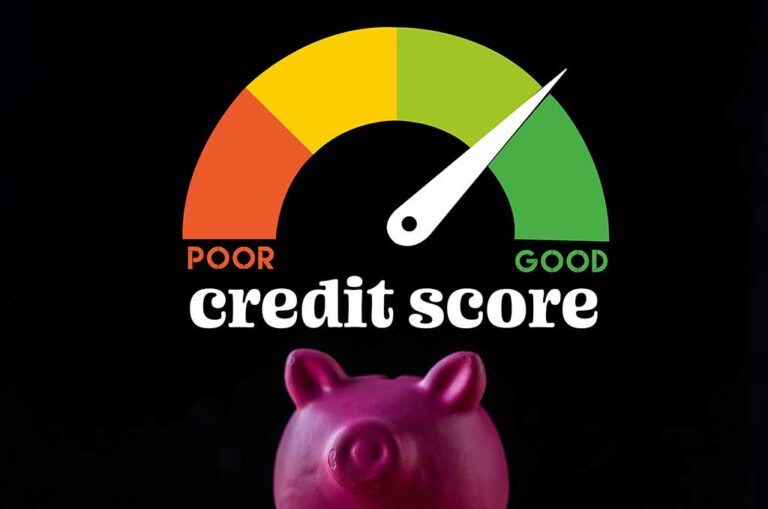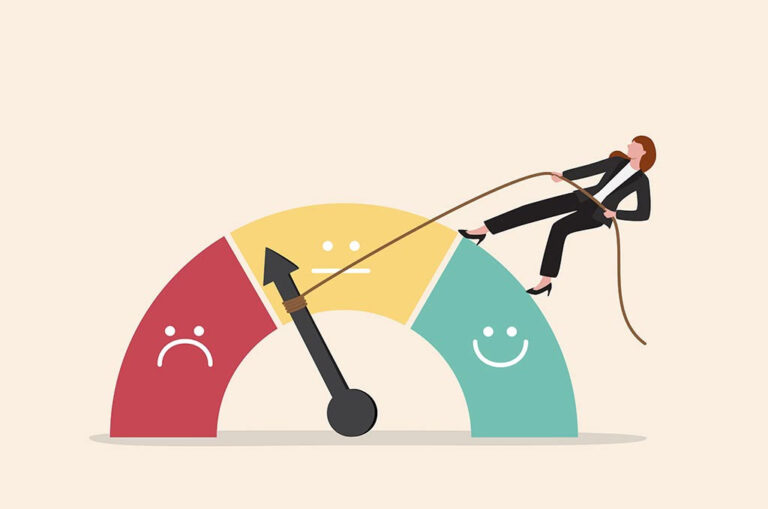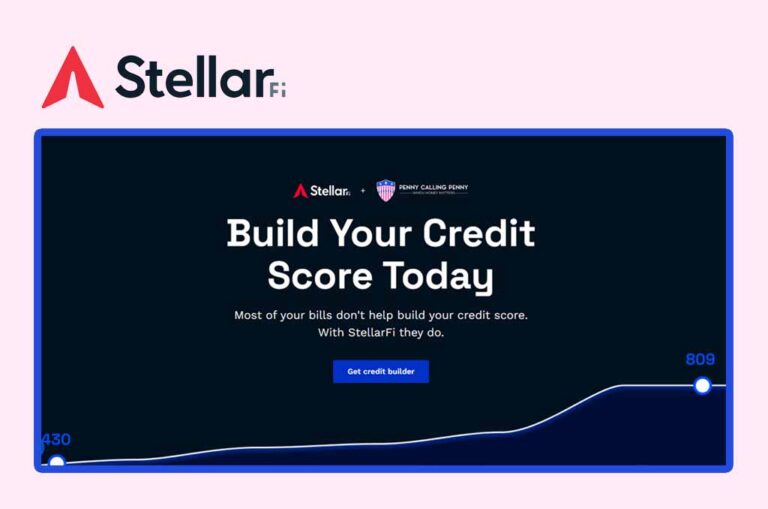Trying to boost your credit score can be a frustrating experience, especially if you’re working toward a particular financial goal, like qualifying for a mortgage or taking out a loan to buy your dream car. What makes it even more confusing is that it’s difficult to know what is a good credit score or what score you should be striving for.
If you have a credit score of 678, you may find yourself wondering whether it’s good enough to meet your goals. The short answer is that while 678 may not be a perfect credit score, it’s still often considered good (and good enough for many different types of credit).
Is 678 A Good Credit Score?
When it comes to the question of whether 678 is a good credit score, the short answer is: it depends. On the one hand, according to the thresholds set by credit bureaus like Equifax and Experian, 678 is considered a good credit score.
However, a 678 credit score is still lower than the national average credit score of 698. Additionally, it really depends on the credit and the type of credit you’re applying for. Some lenders may find a credit score of 678 to be plenty high enough to qualify for a loan or credit card, while others would decline your application.
What Is A Good Credit Score?
Let’s back up a few steps and talk about what really makes a good credit score. First, credit scores range from 300 to 850, with 300 being the worst possible score and 850 being the best. Generally speaking, credit scores fall into the following categories:
- 300-579: Poor
- 580-669: Fair
- 670-739: Good
- 740-799: Very Good
- 800-850: Excellent
Best Websites To Check And Build Your Credit Score
Factors That Affect Your Credit Score
There are many factors that can affect your credit score, but they each fall into five different categories:
1) Payment history (35%)
The most important factor that affects your credit score is your payment history. Each month, your creditors report to the three credit bureaus when you make your monthly payments. A history of on-time payments can boost your credit score, while late or missed payments can harm your credit score. Additionally, the longer your positive payment history is, the better it is for your credit score.
2) Credit utilization (30%)
Your credit utilization is the percentage of your revolving credit that you’re currently using. For example, if you have a credit limit of $1,000 and a $500 balance, you have a 50% credit utilization ratio. The lower your credit utilization, the better. Lenders generally like to see a utilization of 30% or lower.
3) Credit history length (15%)
Another important factor that affects your credit score is the length of your credit history. Credit bureaus look at your average credit length, the length or your oldest credit account, and the age of your newest credit account. The longer your credit history length, the better it is for your score.
4) Credit mix (10%)
Your credit mix refers to the different types of accounts on your credit report. Having a diverse mix of credit types on your report can help boost your credit score. That’s not to say you need one of every type of credit on your report, but having at least a few different types can help. New credit (10%): When you apply for new credit, it appears on your credit report as a hard inquiry. Applying for too much credit in too short a time can be a bad sign to lenders and make you look like a riskier borrower.
5) New credit (10%)
When you apply for new credit, it appears on your credit report as a hard inquiry. Applying for too much credit in too short a time can be a bad sign to lenders and make you look like a riskier borrower.
What Can I Do With A 678 Credit Score?
Do you have a credit score of 678 and are wondering what you can do with it? The good news is you have plenty of options, and there’s a good chance you can qualify for the type of credit you need.
Let’s start by talking about the biggest loan that most people apply for in their lives: their mortgage. To qualify for a conventional loan, you must have a credit score of at least 620. Of course, some lenders may require higher credit scores, but 678 definitely meets (or rather, exceeds) the requirements.
A 678 credit score is also enough to qualify for other types of loans, including auto loans and personal loans. While these loans don’t necessarily have a universal minimum requirement like mortgages do, you’ll still generally need at least a fair or good score to qualify.
Finally, there are plenty of credit cards you can qualify for with a 678 credit score. But it’s worth noting that, while you may qualify for many basic or rewards credit cards, you probably won’t qualify for most of the premium credit cards on the market. Those cards — which offer higher rewards or sign-up bonuses than your standard credit card — usually require excellent credit.
It’s worth noting that just because you qualify for a loan or credit card with a 678 doesn’t necessarily mean you’ll have access to the best interest rates. Generally speaking, the best interest rates are available to those borrowers with credit scores of 740 or higher. As a result, a credit score of 678 will probably result in you paying a bit more over the course of your loan.

Build credit with every bill you pay.
How To Improve A 678 Credit Score?
If you’re not happy with your 678 credit score or want to boost it so you can get a better interest rate on a loan, we have good news: there are many steps you can take to boost your credit score. Here are just a few options:
- Pay your bills on time: The simplest way to boost your credit score is to pay your bills and debt payments on time each month. Over time, your positive credit report will grow and you’ll slowly boost your credit score.
- Pay off any past-due bills: Having past-due bills or debts in collections can hurt your credit score and prevent it from growing. When you pay off your debt, the late payments will remain on your credit score for a while, but you’ll get a boost from having them show as paid.
- Pay off debt: As we mentioned, your credit utilization is one of the most important factors that affect your credit score. One of the easiest ways to reduce your credit utilization — and, therefore, increase your credit score — is to pay down your revolving debt.
- Increase your credit limits: Your credit limit is the other piece of the credit utilization puzzle. In addition to paying off debt, you can also improve your credit utilization by calling your credit card companies and asking them to increase your credit limits.
- Dispute inaccurate information on your credit report: Having an inaccurate note on your credit report — especially a negative one — can erroneously keep your credit score low. Check your credit report to make sure there’s no false information. And if there is, dispute it with the credit bureaus.
- Open a new credit account: It may sound counterintuitive to open a new account to boost your credit score. But sometimes, the problem is that your credit history is simply too thin. You may be able to boost it over time by opening a new credit card. With a 678 credit score, you should be able to qualify for a normal credit card. But if not, you can start with a secured credit card.










